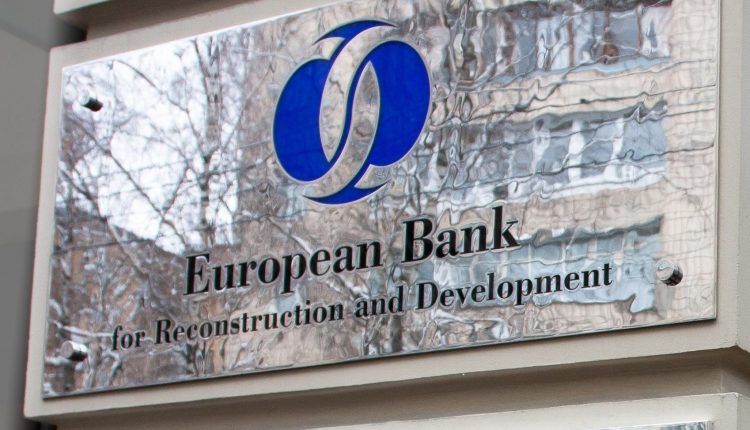EBRD: Egypt’s GDP to grow 3.9 in ’24, 4.4% in ’25
Egypt’s economy will grow by 3.9 per cent in 2024, and 4.4 per cent in 2025, the European Bank for Reconstruction and Development (EBRD) said in its latest Regional Economic Prospects report on Wednesday.
The EBRD’s 2024 forecast for Egypt’s GDP is 0.6 per cent down from its September projections of 4.5 per cent growth. The bank cited “the spillovers from the war in Gaza and structural challenges and slow reform progress in Egypt.”
On fiscal year basis, the EBRD said Egypt’s economic growth is expected to slow down from 3.8 per cent in fiscal year 2023 (ending June) to 3.0 per cent in fiscal year 2024 “as foreign exchange shortages and reform uncertainty weigh on the economic outlook.”
The outlook for fiscal year 2025 is more favourable, with growth expected to pick up to 4 per cent, the bank added, citing significant donor support and macroeconomic stabilisation under a revised International Monetary Fund (IMF) programme approved in March 2024.
“The recent devaluation of the Egyptian pound could reinvigorate foreign and domestic investment, especially if accompanied by structural reform. Downside risks include high interest rates, persistently high inflation (expected to remain at 34 per cent in 2024), and an escalation of regional tensions that would endanger investor confidence, tourism and trade.” the EBRD report read.
SEMED Countries
The EBRD is forecasting accelerated average growth of 3.4 per cent in GDP for 2024 in its southern and eastern Mediterranean (SEMED) region. According to the report, the growth in the SEMED region is expected to accelerate from 2.7 per cent in 2023 to 3.4 per cent in 2024 and 3.9 per cent in 2025, as economic stabilisation programmes and reforms take effect. “Nonetheless, this is a downward revision from the previous forecast for 2024, owing to slower-than-expected implementation of large public investment projects in Egypt and to spillovers from the war in Gaza.”
“Overall, the region has shown resilience in the face of the war in Gaza and rising regional political and security tensions over the past months, although Jordan has seen a drop in tourism and investment while Tunisia has continued to struggle with financing constraints.”
“The reduction in Egypt’s revenues from Suez Canal traffic was more than compensated for by recent commitments from international partners, including an expanded International Monetary Fund (IMF) programme. Support from the IMF and international donors has contributed to the macroeconomic stabilisation of Egypt, Jordan and Morocco. Inflation has moderated across the region, except in Egypt where it remains above 30 per cent, and the region is broadly on track for fiscal consolidation in 2024, while aiming to maintain growth-enhancing investment and targeted social protection.”


